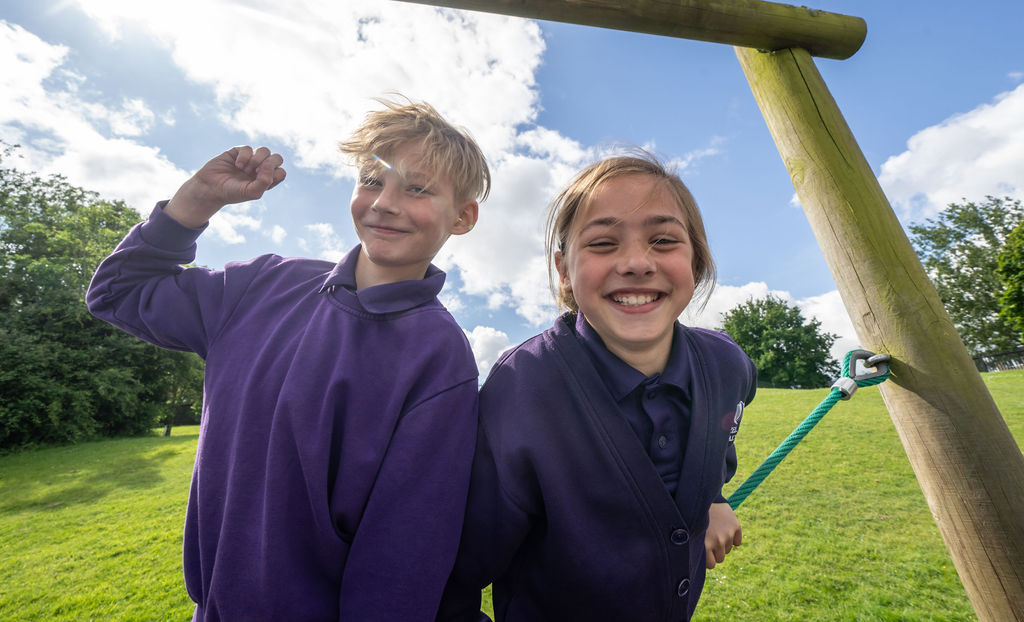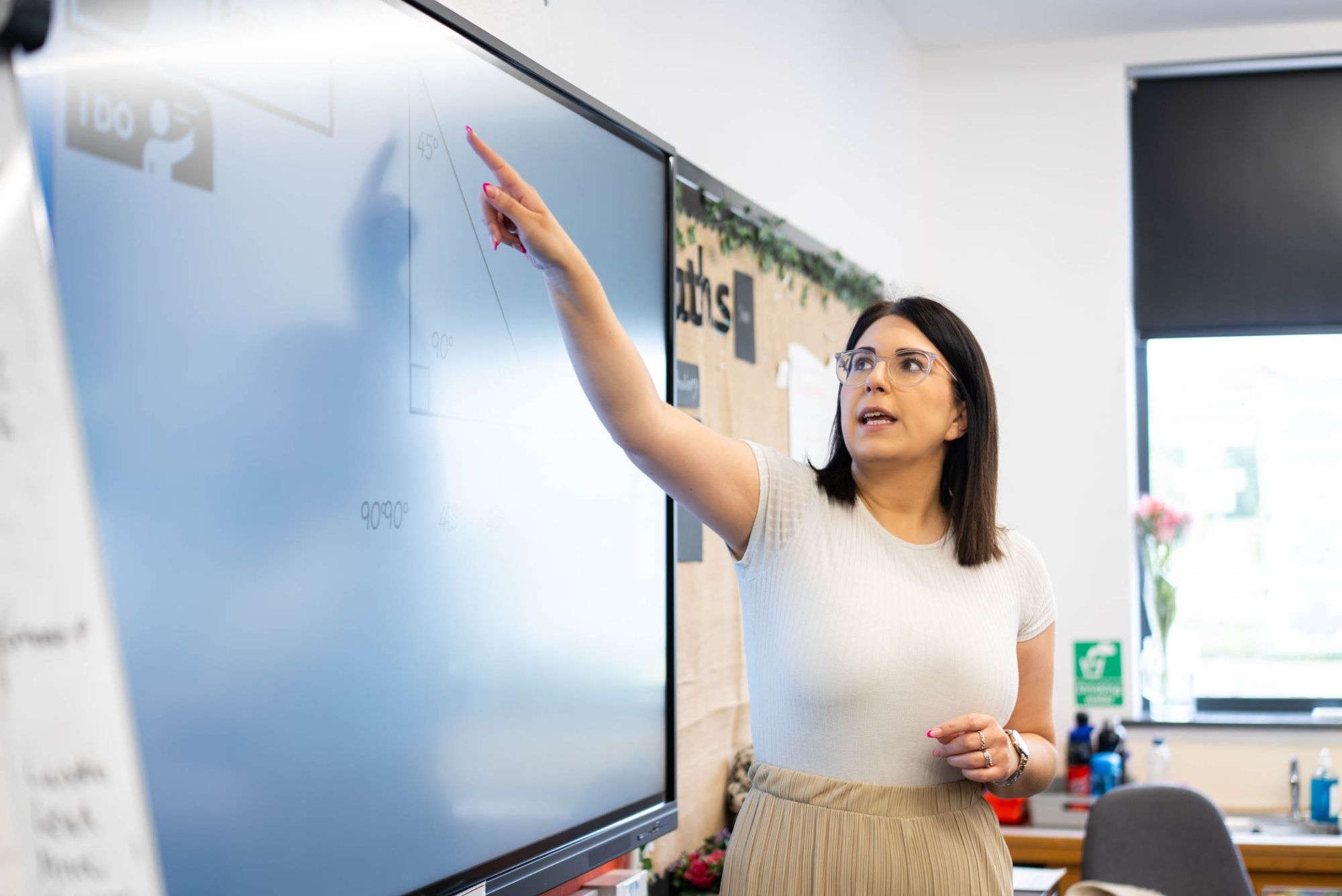Contact Us
Hazel Leys Academy
Address: Gainsborough Road, Corby
NN18 0QF
Telephone: 01536 202681
Email: admin@hazelleysacademy.org
Queries to the Academy are dealt with by the Admin Team.
General Enquiries: Mrs Jill Lewis, Mrs Gemma Ford
Principal: Mrs Beverley Trotman
SEND: Miss A Kamel
Contact Form
How to find us
In person Our address is Gainsborough Road, NN18 0QF, but entrance to our Academy is off Lowry Close. We have security fencing surrounding the entire premises, so if you require entrance to the Academy grounds (by car or on foot) you will have to press the buzzer at the gates for access.
Greenwood Academies Trust
For media enquiries (journalists) and out of hours crisis communications:
Please contact Greenwood Academies Trust using the information here.
Sponsor: The Hazel Leys Academy is part of the Greenwood Academies Trust:
Greenwood House
Private Road Number 2
Colwick Quays Business Park
Nottingham
NG4 2JY
Telephone: 0115 748 3310
Email: admin@greenwoodacademies.org
Paper copies: Any information found on this website can be provided free of charge on request from the Academy office.


